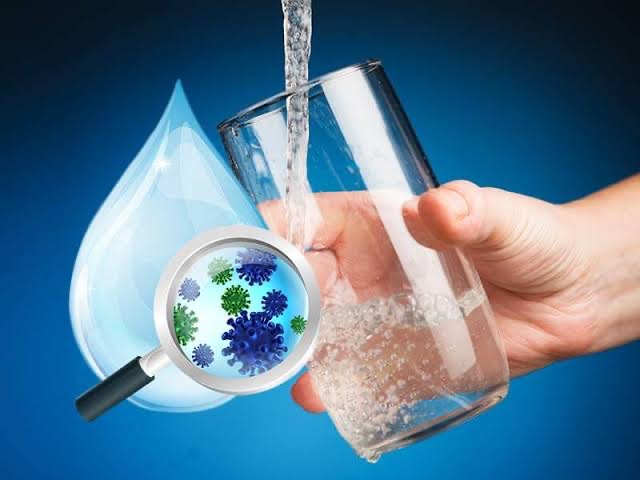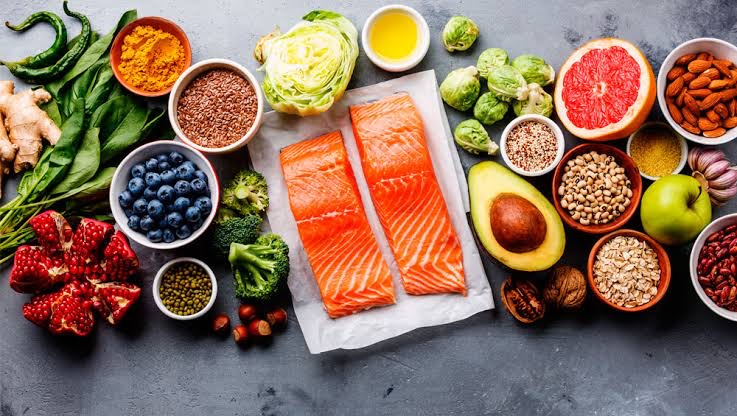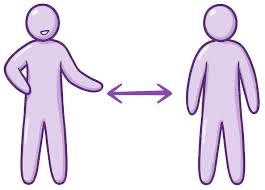Giardiasis is a common intestinal infection caused by the parasite Giardia lamblia (also known as Giardia intestinalis or Giardia duodenalis). This microscopic organism infects the small intestine and leads to diarrhea and other gastrointestinal symptoms. Giardiasis is prevalent worldwide, especially in areas with poor sanitation and contaminated water supplies.
Causes of Giardiasis
Giardiasis spreads through the ingestion of Giardia cysts, which are hardy and can survive outside the body for weeks or months. Common sources of infection include:
1. Contaminated Water

Drinking or swimming in water polluted with feces from infected humans or animals is a leading cause. This can occur in lakes, rivers, swimming pools, or even untreated tap water.
2. Food Contamination

Eating raw or undercooked food washed with contaminated water can lead to infection.
3. Person-to-Person Contact

Close contact with an infected individual, especially in childcare settings or households, can spread the parasite.
4. Animal Contact

Handling infected animals or their feces can also transmit the parasite, although this is less common.
Symptoms of Giardiasis
Symptoms typically appear 1 to 3 weeks after exposure and can range from mild to severe. They include:
– Diarrhea: Watery, foul-smelling stools.
– Abdominal Pain and Cramping: Discomfort in the upper abdomen.
– Bloating and Gas: Excessive flatulence and stomach swelling.
– Nausea and Vomiting: Often accompanied by a loss of appetite.
– Fatigue and Weakness: Resulting from dehydration and nutrient malabsorption.
– Weight Loss: Due to poor nutrient absorption.
Some individuals may remain asymptomatic while still capable of spreading the parasite.
Diagnosis and Treatment
1. Diagnosis
– Stool Test: Detects Giardia cysts or antigens in a stool sample.
– Endoscopy: Rarely, a doctor may examine the small intestine if the infection is severe or persistent.
2. Treatment
– Medications: Antiparasitic drugs like metronidazole, tinidazole, or nitazoxanide are commonly prescribed.
– Hydration: Rehydration through fluids or oral rehydration solutions is crucial, especially for those experiencing severe diarrhea.
Prevention of Giardiasis
Preventing giardiasis involves good hygiene and avoiding contaminated water and food. Key preventive measures include:
1. Practice Good Hygiene
– Wash hands thoroughly with soap and water after using the bathroom, changing diapers, or handling animals.
2. Drink Safe Water
– Avoid drinking untreated water from lakes, rivers, or unknown sources. Use filters or boil water in areas where contamination is likely.
3. Be Cautious with Food
– Wash fruits and vegetables with clean water, and avoid eating raw or undercooked food in areas with poor sanitation.
4. Avoid Swallowing Water While Swimming
– Be cautious in recreational water settings, especially pools or hot tubs.
5. Clean Surfaces and Objects
– Disinfect surfaces and toys, particularly in childcare settings where the risk of transmission is higher.
Conclusion
Giardiasis is a preventable and treatable infection that primarily spreads through contaminated water and poor hygiene practices. By staying vigilant about hygiene, drinking clean water, and taking precautions in high-risk environments, individuals can significantly reduce their risk of contracting this common intestinal parasite. If symptoms of giardiasis develop, prompt medical attention can ensure effective treatment and recovery.